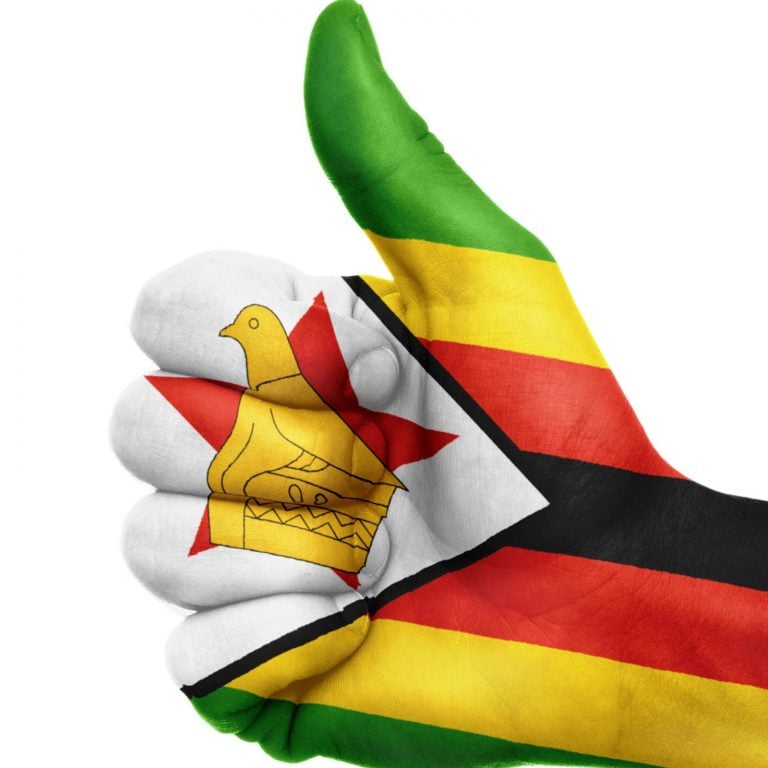
2018-9-16 18:38 |
The rest of the world may be all in with cryptocurrencies, but Africa lags behind primarily because only a fraction of its population knows about the digital currencies. Truthfully, digital currencies are propagated and thrive mainly in areas where internet connectivity isn’t such a big problem as it is in Africa.
To start with, a report released by the International Telecommunications Union (ITU) indicates that governments will have to spend upwards of a collective $450 billion if they’re to connect the next phase of 1.5 billion people to the internet, and most of these people live in Africa. At the moment, Africa’s population stands at about 1.2 billion people.
The African SituationThe more disturbing fact is that even with almost a fifth of the world’s population living in the continent, African governments spend just a third of the world’s total expenditure on broadband connection. Besides that, low literacy levels in Africa present a serious obstacle when it comes to internet use. Couple that with high internet charges and you have a continent almost completely alien to the internet.
Granted, there have been lots of talks and theories about Africa being the next global economic front, but the hard facts indicate that such economic ventures, especially the current global buzz about cryptos, can only succeed if there’s sufficient internet access and at low costs. That’s not the current case in Africa, and that means that cryptocurrencies are having a hard time thriving in the continent’s financial and economic circles.
ReportsHowever, as much as most of the regions and a majority of the population in Africa can’t access the internet, a few countries have made significant steps in improving internet connectivity and provide a favorable environment for crypocurrencies. In South Africa, Kenya, Zimbabwe, Uganda, Ghana, and Nigeria, cryptos have had positive reception. Bitcoin is still the dominant cryptocurrency.
According to the report by the UTI titled “The State of Broadband 2018: Broadband Catalyzing Sustainable Development,” governments can significantly improve internet connectivity by using satellite technologies to connect remote areas.
Another report released by Internet World Stats puts Africa’s internet connectivity at a mere 27.7 % as of 2017. The same year, 49.6% of the world was already connected. This low connectivity in Africa is the bottleneck that plagues the growth and adoption of cryptocurrencies on the continent.
However, the general consensus is that Africa could become a leader in crypto adoption and blockchain-related investments – if only it can overcome the current challenges.
The post Cryptos Are Struggling In Africa Because The Continent’s Internet Is Mediocre appeared first on Ethereum World News.
origin »Bitcoin price in Telegram @btc_price_every_hour
LALA World (LALA) íà Currencies.ru
|
|





